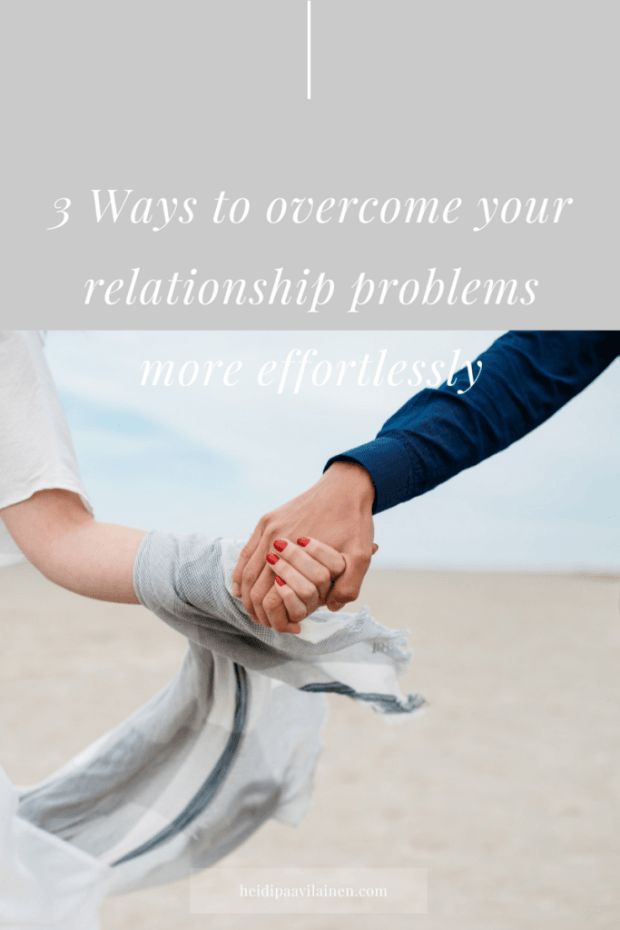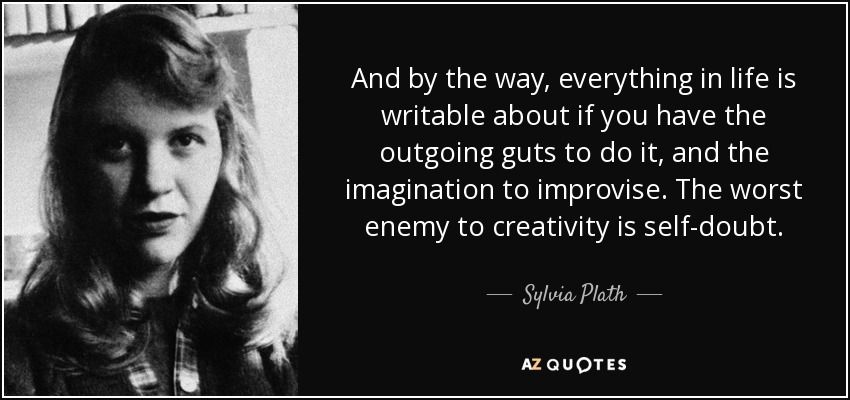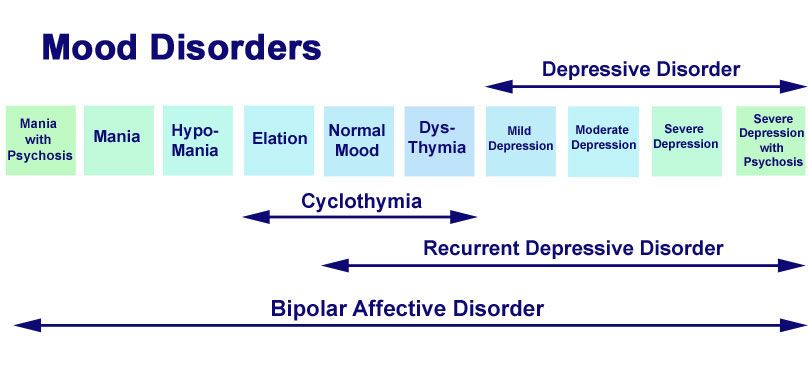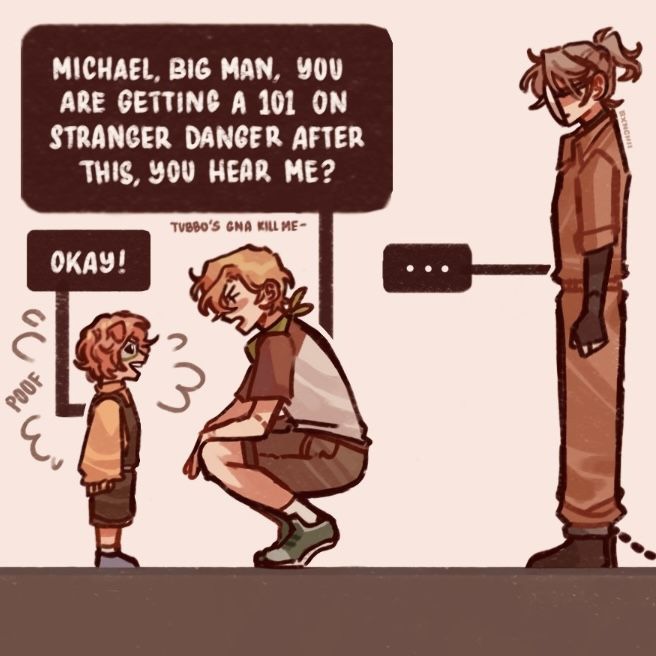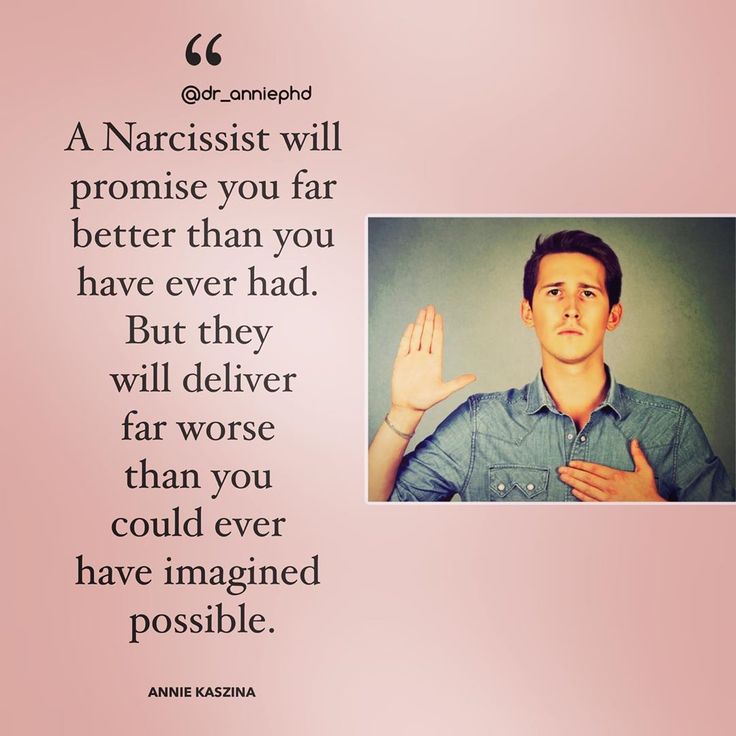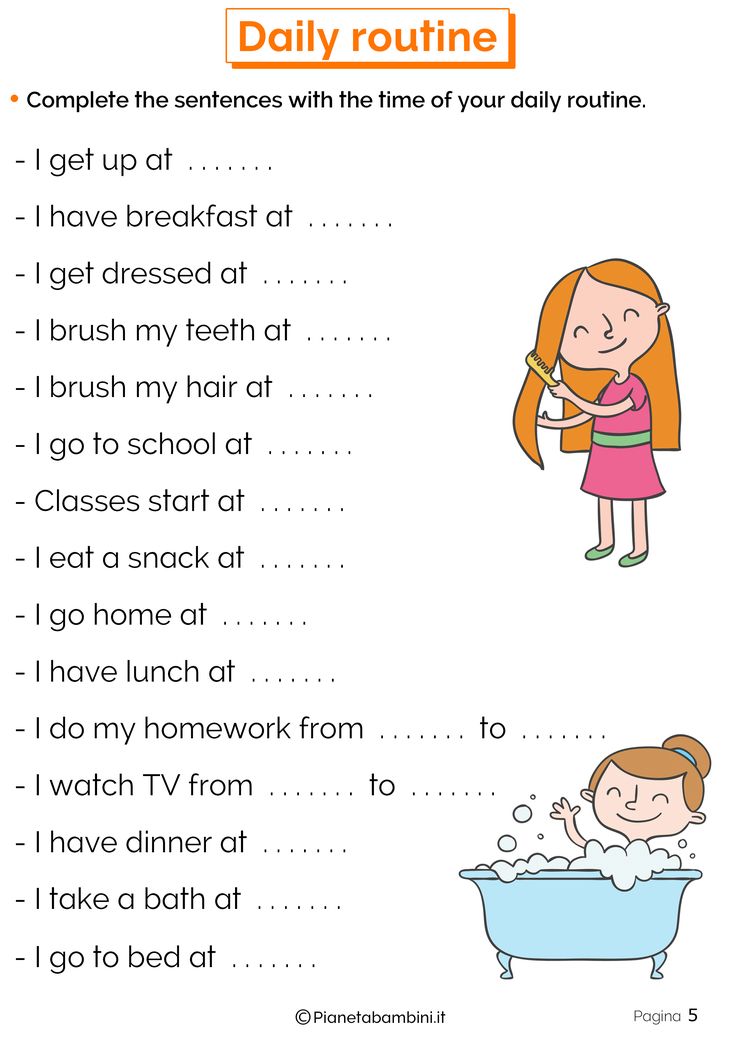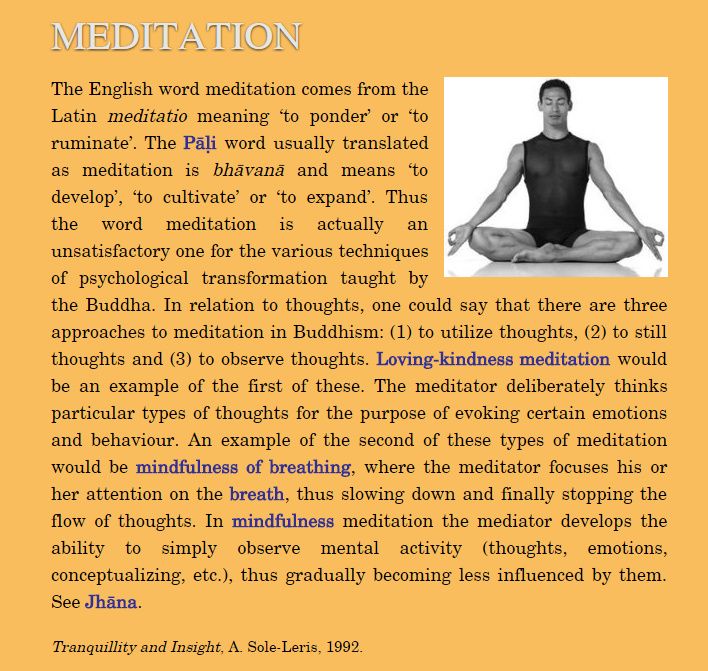Overcoming relationship problems
6 Steps to Help Couples Overcome Relationship Stumbles
It’s easy for couples to fall in love. Staying in love is the tough part, according to clinical psychologist and marriage counselor Randi Gunther, Ph.D.
In her new book When Love Stumbles: How to Rediscover Love, Trust & Fulfillment in Your Relationship, Gunther shares a six-step healing plan to help couples overcome eight of the most common “stumbles” or problematic patterns in their relationships.
She devotes a chapter to how couples can surmount each stumbling block. Inside, we cover the eight common relationship stumbles most couples grapple with, as well as the six steps to help overcome them.
Briefly, here are the eight relationship stumbles:
- From fulfillment to disillusionment: “You don’t seem to care the way you used to.”
- From excitement to boredom: “What happened to our spark?”
- From constructive challenges to destructive conflicts: “Why does every disagreement become an argument?”
- From sacrificing for your partner to self-preservation: “I can’t always put you first anymore.
”
- From being a team to operating solo: “We used to do everything together. Now I handle most of my challenges without you.”
- From feeling unconditionally loved to being on trial: “Before, you loved me without question. Now I have to fight to prove my worth.”
- From focusing on the relationship to pursuing outside interests: “I know I’m gone a lot, but I need more stimulation.”
- From common goals to different dreams: “We just don’t want the same things anymore.”
Her process can help couples start having important conversations about overcoming these stumbling blocks in their relationships. Gunther suggests exploring these ideas first on your own and then talking it over with your partner. The key is to be honest and listen closely and openly to your partner. Don’t judge yourself or them. Also, if during the conversation, one partner gets too emotional, take a break.
1. “Go back to the beginning of your relationship.”
Remember the moments when you first fell in love, and share these memories with your partner.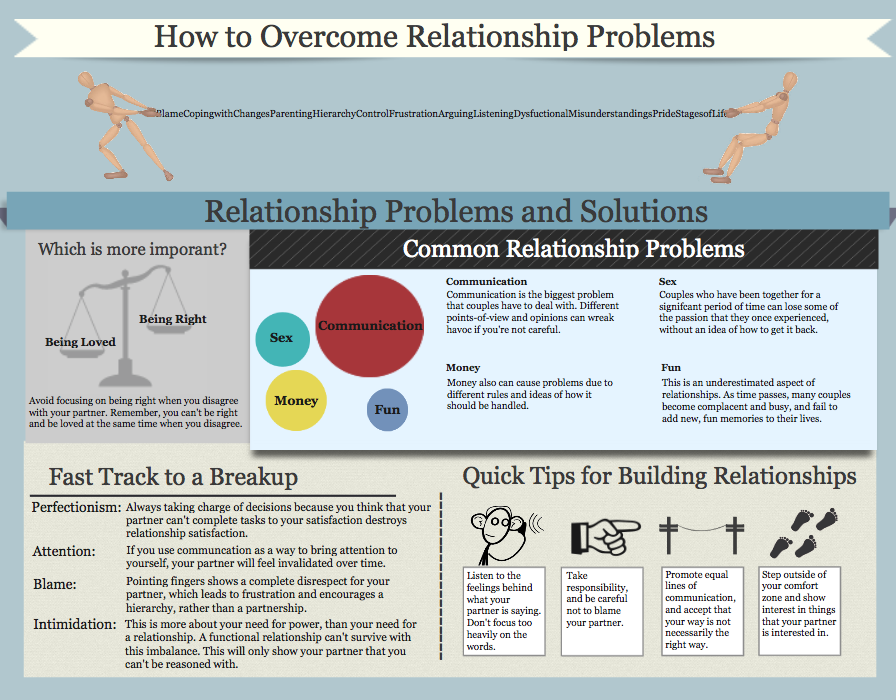
2. “Evaluate your current relationship.”
Talk to each other honestly about your feelings about the state of your relationship. Gunther suggests discussing both the negative and the positive. She also lists many questions to help you better understand your own feelings and communicate with your partner. Some of these include:
- “When I act in a negative or hurtful manner toward you, what am I truly feeling that I am not sharing?”
- “What are the positive things I still feel about you?”
- “In what ways have I changed that have turned you away?”
- “What do I most resent about our relationship?”
- “What do I most miss about the relationship we used to have?”
- “What do I still look forward to or enjoy doing with you?”
- “What do you do or say that hurts me the most?”
- “How hopeful am I that we can change?”
3. “When did you begin to drift?”
Usually, relationship problems start off slow and then build momentum because they go unresolved. Gunther writes: “In this step, you’ll learn how recalling those smaller disconnects that went unattended will help you heal and prevent new stumbles from forming.” Several questions to consider:
Gunther writes: “In this step, you’ll learn how recalling those smaller disconnects that went unattended will help you heal and prevent new stumbles from forming.” Several questions to consider:
- “Do you remember a time or event that made you feel as if you and your partner were drifting apart?”
- “What stopped you from resolving what was going on at the time?”
4. “What prevented your recovery at the time this stumble occurred?”
Gunther says that it’s very likely that whatever prevented you from resolving your past problems is currently playing a role. “Paying attention to what made you ignore them before may help you identify them now,” she writes. Here are some examples Gunther gives in the book:
- “I was afraid to be vulnerable with you because I expected you to hurt me again.”
- “I didn’t want you to get angrier, so I just accepted what was going on and hoped it would get better.”
- “I thought talking about it would just make it worse.
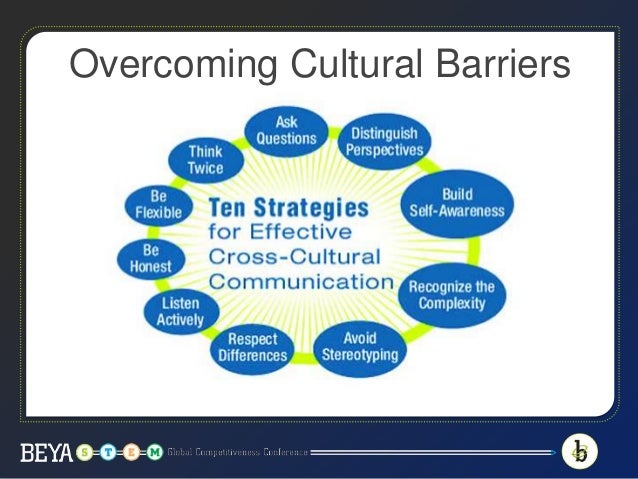 ”
”
5. “What do you need from each other to reawaken your love?”
Talk to each other about what each of you needs. Some examples of what other couples have shared:
- “I want you to forgive me for the things I’ve said and done that have hurt you.”
- “I want you to encourage me in the places I am frightened, and respect my choices when I need to find my own way.”
- “I want us to respect our differences and strive to include them in our lives.”
6. “What will you do differently to safeguard your relationship if it stumbles in the future?”
Gunther suggests couples make “relationship vows based upon your new knowledge of each other’s wants, vulnerabilities and capabilities.” Some examples of promises Gunther’s clients have made:
- “If one of us feels dissatisfied with the relationship, we’ll tell each other what we need to make it better, and together we will make a plan for change.”
- “We’ll make certain that we save prime-time energy for each other no matter what else is going on in our lives.
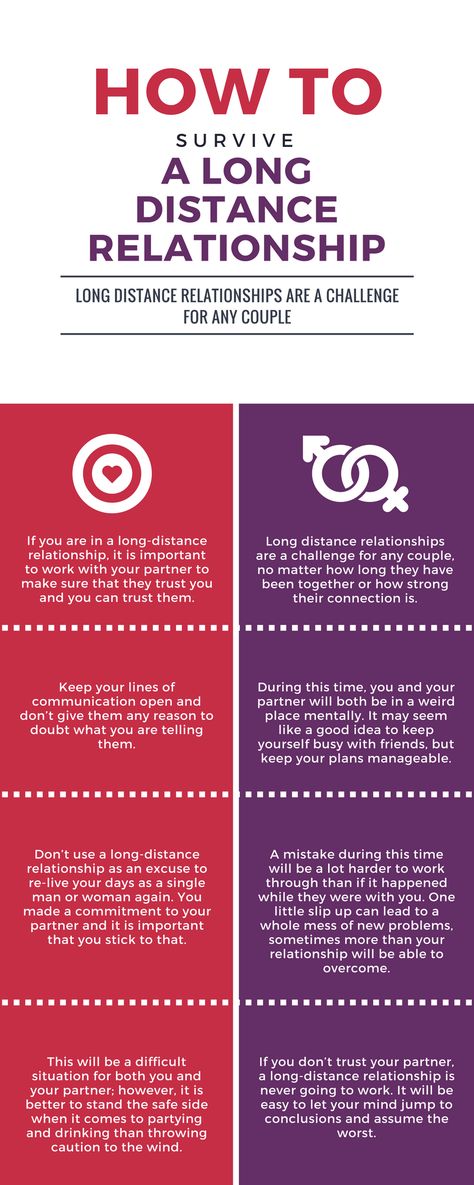 ”
”
6 Steps to Help Couples Overcome Relationship Stumbles
It’s easy for couples to fall in love. Staying in love is the tough part, according to clinical psychologist and marriage counselor Randi Gunther, Ph.D.
In her new book When Love Stumbles: How to Rediscover Love, Trust & Fulfillment in Your Relationship, Gunther shares a six-step healing plan to help couples overcome eight of the most common “stumbles” or problematic patterns in their relationships.
She devotes a chapter to how couples can surmount each stumbling block. Inside, we cover the eight common relationship stumbles most couples grapple with, as well as the six steps to help overcome them.
Briefly, here are the eight relationship stumbles:
- From fulfillment to disillusionment: “You don’t seem to care the way you used to.”
- From excitement to boredom: “What happened to our spark?”
- From constructive challenges to destructive conflicts: “Why does every disagreement become an argument?”
- From sacrificing for your partner to self-preservation: “I can’t always put you first anymore.
 ”
” - From being a team to operating solo: “We used to do everything together. Now I handle most of my challenges without you.”
- From feeling unconditionally loved to being on trial: “Before, you loved me without question. Now I have to fight to prove my worth.”
- From focusing on the relationship to pursuing outside interests: “I know I’m gone a lot, but I need more stimulation.”
- From common goals to different dreams: “We just don’t want the same things anymore.”
Her process can help couples start having important conversations about overcoming these stumbling blocks in their relationships. Gunther suggests exploring these ideas first on your own and then talking it over with your partner. The key is to be honest and listen closely and openly to your partner. Don’t judge yourself or them. Also, if during the conversation, one partner gets too emotional, take a break.
1. “Go back to the beginning of your relationship.”
Remember the moments when you first fell in love, and share these memories with your partner.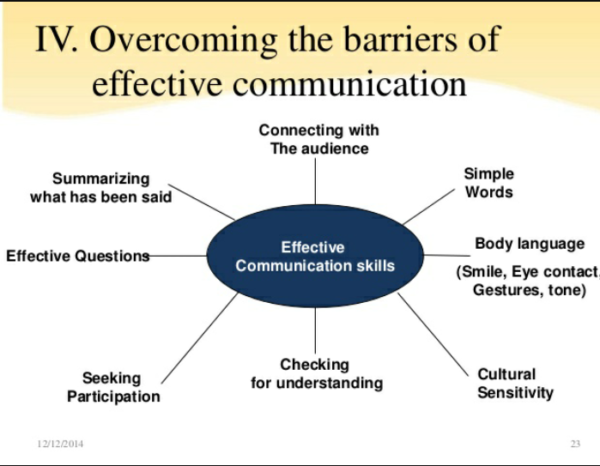
2. “Evaluate your current relationship.”
Talk to each other honestly about your feelings about the state of your relationship. Gunther suggests discussing both the negative and the positive. She also lists many questions to help you better understand your own feelings and communicate with your partner. Some of these include:
- “When I act in a negative or hurtful manner toward you, what am I truly feeling that I am not sharing?”
- “What are the positive things I still feel about you?”
- “In what ways have I changed that have turned you away?”
- “What do I most resent about our relationship?”
- “What do I most miss about the relationship we used to have?”
- “What do I still look forward to or enjoy doing with you?”
- “What do you do or say that hurts me the most?”
- “How hopeful am I that we can change?”
3. “When did you begin to drift?”
Usually, relationship problems start off slow and then build momentum because they go unresolved.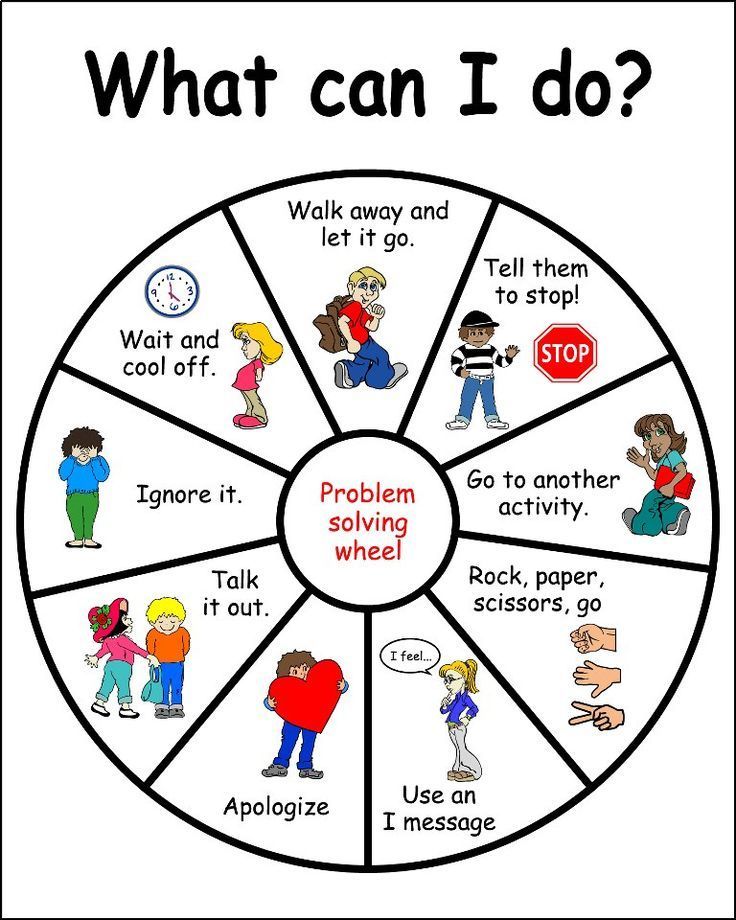 Gunther writes: “In this step, you’ll learn how recalling those smaller disconnects that went unattended will help you heal and prevent new stumbles from forming.” Several questions to consider:
Gunther writes: “In this step, you’ll learn how recalling those smaller disconnects that went unattended will help you heal and prevent new stumbles from forming.” Several questions to consider:
- “Do you remember a time or event that made you feel as if you and your partner were drifting apart?”
- “What stopped you from resolving what was going on at the time?”
4. “What prevented your recovery at the time this stumble occurred?”
Gunther says that it’s very likely that whatever prevented you from resolving your past problems is currently playing a role. “Paying attention to what made you ignore them before may help you identify them now,” she writes. Here are some examples Gunther gives in the book:
- “I was afraid to be vulnerable with you because I expected you to hurt me again.”
- “I didn’t want you to get angrier, so I just accepted what was going on and hoped it would get better.”
- “I thought talking about it would just make it worse.
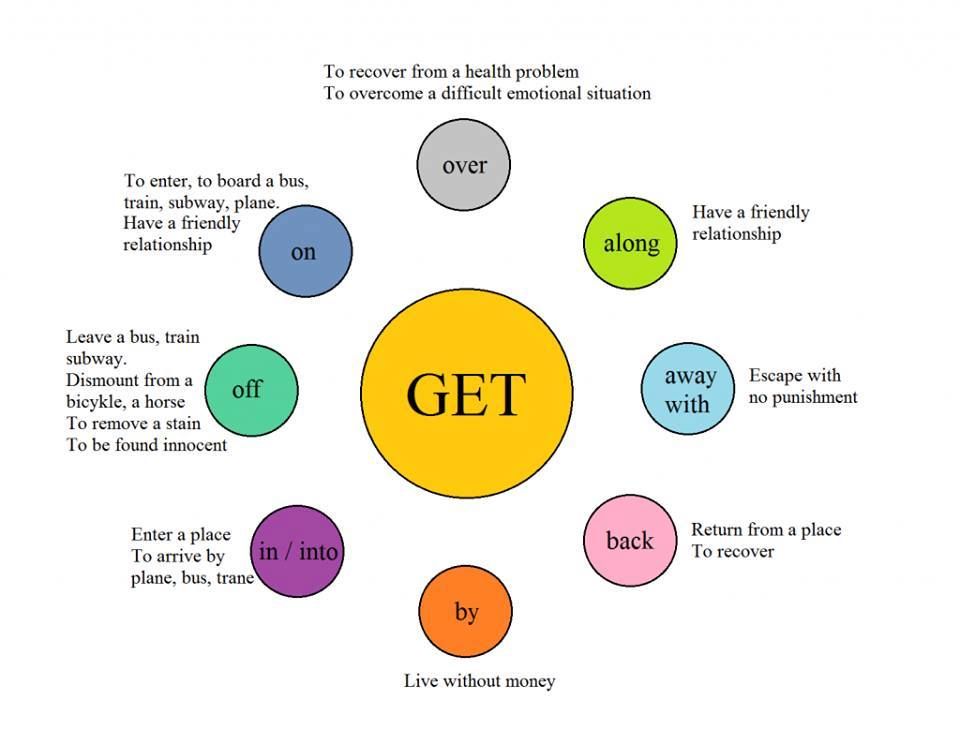 ”
”
5. “What do you need from each other to reawaken your love?”
Talk to each other about what each of you needs. Some examples of what other couples have shared:
- “I want you to forgive me for the things I’ve said and done that have hurt you.”
- “I want you to encourage me in the places I am frightened, and respect my choices when I need to find my own way.”
- “I want us to respect our differences and strive to include them in our lives.”
6. “What will you do differently to safeguard your relationship if it stumbles in the future?”
Gunther suggests couples make “relationship vows based upon your new knowledge of each other’s wants, vulnerabilities and capabilities.” Some examples of promises Gunther’s clients have made:
- “If one of us feels dissatisfied with the relationship, we’ll tell each other what we need to make it better, and together we will make a plan for change.”
- “We’ll make certain that we save prime-time energy for each other no matter what else is going on in our lives.
 ”
”
Removing Relationship Obstacles And in order to build a successful union, a man and a woman need to work hard. However, if you truly care and love the person you are with, then the effort is worth it. You need to solve the problems that have arisen as quickly as possible, and find compromises when conflict situations arise between you. And when you will overcome all your life's difficulties together. Then your union will only become stronger. But in order for a couple to be able to do this, you need to have certain knowledge. Then overcoming difficulties will be commonplace.
Contents of the article
- 6 tips to overcome difficulties in relationships
- 1. Effective communication
- 2. Trust
- 3. Listen to your partner
- 9. Give feedback
- 5
- 6. Don't pressure your partner
- Closing Thoughts
6 Tips for Overcoming Relationship Difficulties
1.
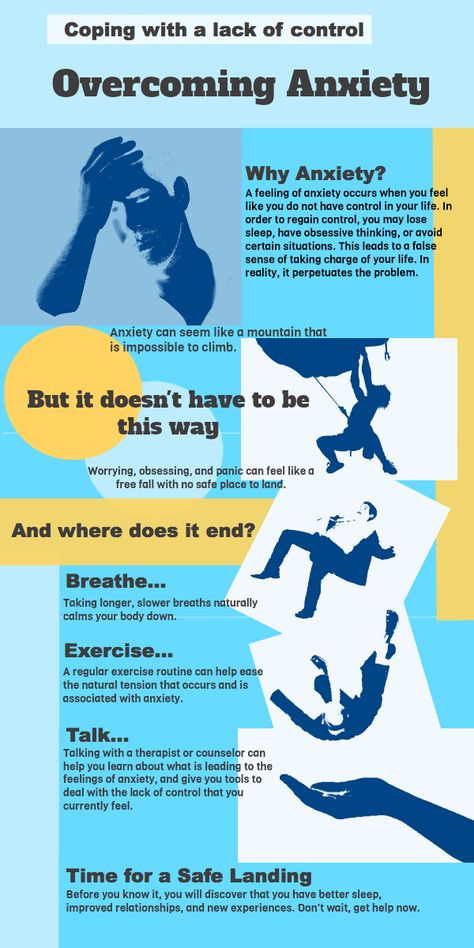 Effective Communication
Effective Communication Removing obstacles in a relationship starts with open and sincere communication. I understand that discussing and sharing what you feel is not always easy. However, this is extremely important if you want the relationship to develop in a healthy way. Any relationship is like a two-way street. Where two people can openly discuss issues that are important to them. This is when they can calmly look into each other's eyes, and share what excites them. Communication does not happen when one person shares his thoughts and experiences, and the other just listens and nods with his arms crossed. Both of you should equally express your desires and experiences. And give each other the opportunity to express themselves fully.
Also remember that you may not always have the answers or solutions to relationship problems right now. In this case, it is worth politely telling your loved one that you need time to think and make a decision. After that, you will definitely return to the discussion of this topic.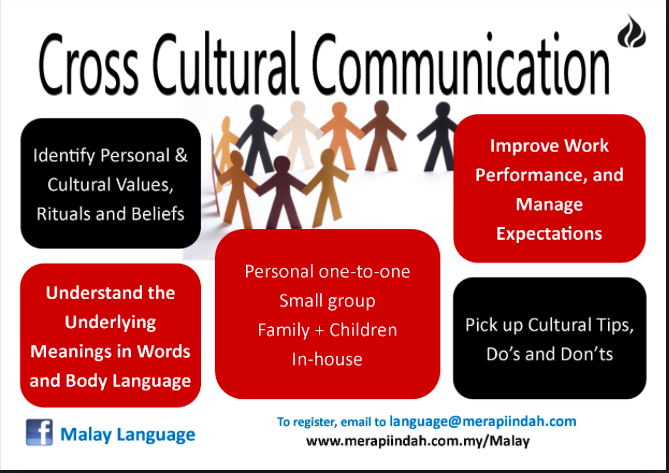 But when you don't say anything, you just walk away. You show disrespect for your partner and his feelings. Which in general negatively affects relationships. Therefore, be sure to discuss everything that happens between you.
But when you don't say anything, you just walk away. You show disrespect for your partner and his feelings. Which in general negatively affects relationships. Therefore, be sure to discuss everything that happens between you.
By holding back your emotions, feelings and words, problems will not be solved. There will be more of them!
2. Trust
Quite often, many people have had trust issues in past relationships. As a result, they unconsciously transfer them into real relationships, which prevents their successful development. But without trust, it is impossible to build a successful union. And if you do not believe your loved one, you get the same result. Therefore, the removal of obstacles in relations should begin with the restoration of mutual trust. Remember that your current relationship has nothing to do with the past. So open your heart and mind completely to hear your partner. Don't hide anything from him. And develop a mutual understanding in which there will be no place for distrust, lies and deceit.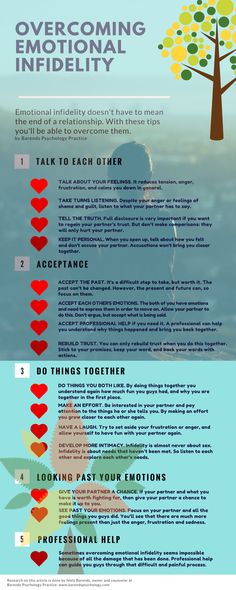
3. Listen to your partner
Relationship conflicts often arise when partners do not want to hear each other. They can communicate regularly, and their conversations will be filled with feelings and emotions. But quite often, people do not draw any conclusions from such conversations. All due to the fact that they inattentively listen to each other. Or they only hear what they want. Thus ignoring most of the positive or negative points. This happens quite often when people want to express all their grievances and complaints. But they do not pay attention to the desires and preferences of their partner. But in this way they communicate that they do not care what the partner says. It looks very rude and insulting.
Therefore, one must always remember that the removal of obstacles in a relationship can only be when both partners listen carefully to each other. And draw conclusions from their conversations. And in order to overcome obstacles, it is important to pay attention to both the bad and the good moments in the relationship.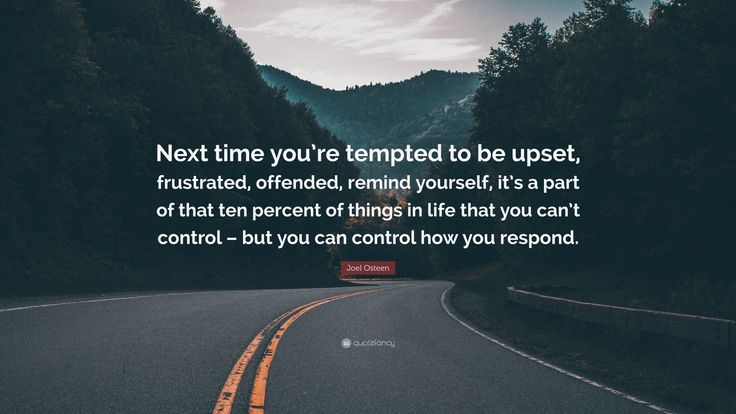
4. Give feedback
We all need feedback. But not every feedback is sweet. However, when you care about someone, remember to be honest with them and tell the truth. I understand that many people are overly sensitive and do not like the truth. But this does not mean that you should turn a blind eye to what you do not like. Successful relationships are built on sincerity and openness. And removing obstacles in a relationship will only go smoothly if you regularly give honest and sincere feedback to each other.
You also need to remember that none of us are perfect. And it is very difficult for a person to change himself. But, if you don't like something in your partner, you can tell him about it. But don't put undue pressure on him if he can't change his negative habits or traits.
5. Find the root of your problems
Removing obstacles in a relationship should begin with finding the true cause of their occurrence. Do you need to understand and understand what causes your problems? What is the source of your quarrels and conflicts? After all, in the beginning, all relationships develop as well as possible. Partners show love, care and respect. But over time, various situations begin to arise that lead to difficulties and hinder the successful development of relations. Therefore, eliminate the sources of your problems at an early stage of their appearance. And do not give them the opportunity to re-emerge.
Partners show love, care and respect. But over time, various situations begin to arise that lead to difficulties and hinder the successful development of relations. Therefore, eliminate the sources of your problems at an early stage of their appearance. And do not give them the opportunity to re-emerge.
6. Do not put pressure on your partner
Obstacles in a relationship quite often arise when one of the partners begins to put pressure on the other. When he becomes too demanding of him. But force and pressure will not achieve anything. Therefore, do not impose. Don't beg or pressure your loved one. If you constantly ask him to call or write to you more often. This will only cause the opposite reaction.
Quite often, difficulties in relationships arise due to the fact that partners become overly dependent on each other. And when something goes wrong, they suffer greatly. Therefore, do not forget to be a little distracted, and give your partner time for his favorite activities and hobbies.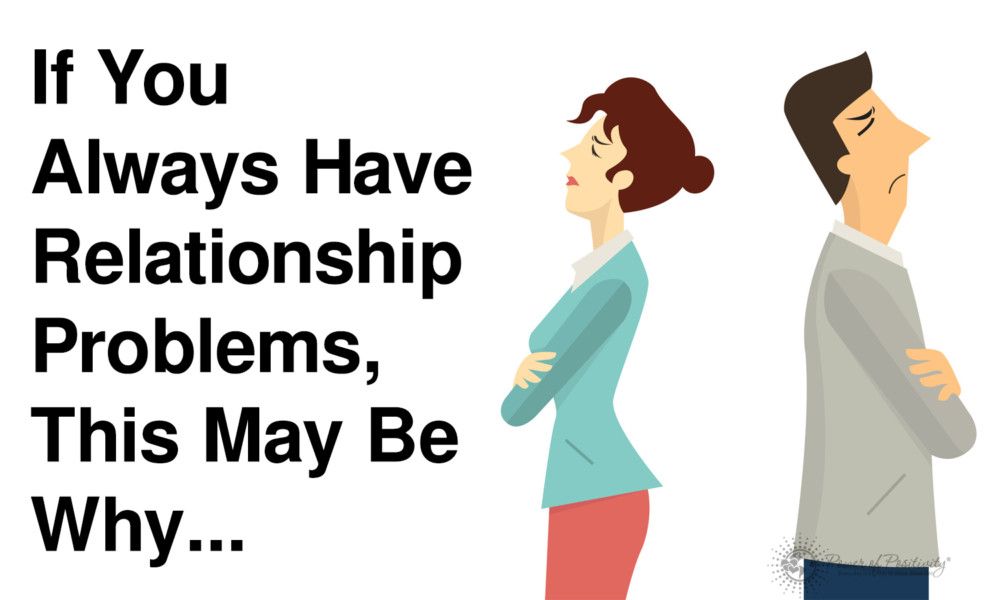 You don't have to be together 24/7 all the time. Such attachment, especially in long-term relationships, is not good.
You don't have to be together 24/7 all the time. Such attachment, especially in long-term relationships, is not good.
Closing thoughts
Overcoming obstacles in a relationship can be challenging. However, thanks to mutual love, trust, communication, respect and regular work. You will be able to overcome even the most serious difficulties. Just practice these skills and work on them together. And then you will not be afraid of any obstacles.
How to overcome relationship problems?
They say that without love a person cannot consider himself happy. Indeed, an integral, very important part of our life is love. This feeling can bring emotions of joy and inspiration.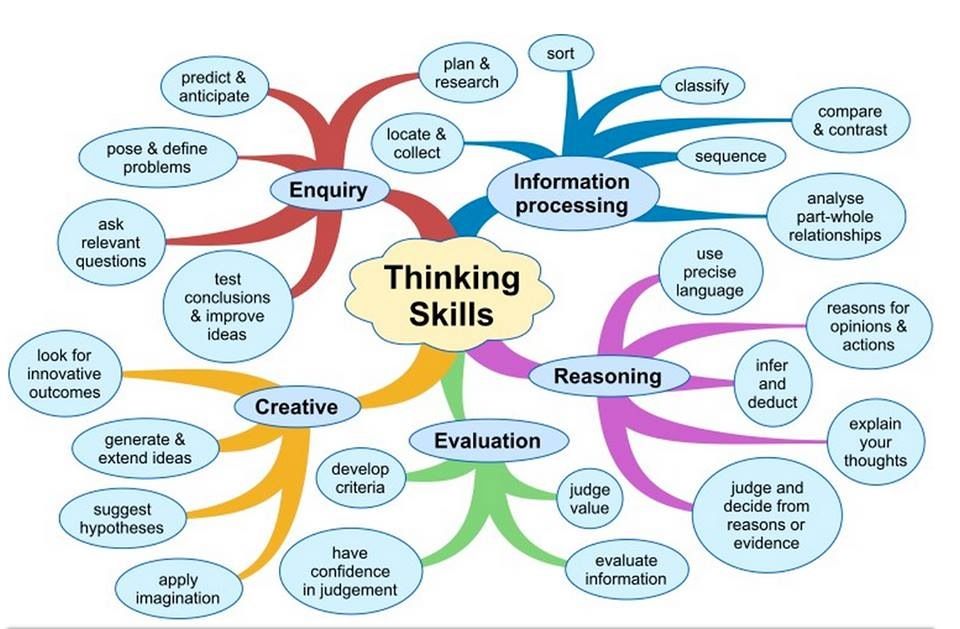 Love awakens us from the dull sleep of existence. Love has no laws, it is the most mysterious and most complex, love is controversial and inexplicable from the point of view of science and feelings. Perhaps, thanks to all the qualities of this feeling, the psychology of love was created, as a science that tries to answer the questions that have arisen.
Love awakens us from the dull sleep of existence. Love has no laws, it is the most mysterious and most complex, love is controversial and inexplicable from the point of view of science and feelings. Perhaps, thanks to all the qualities of this feeling, the psychology of love was created, as a science that tries to answer the questions that have arisen.
There is no doubt that love as a concept is very broad and multifaceted. We love relatives, we love our work, home, animals - these are really real feelings. But, there is a manifestation of love of the highest measure, as a relationship between a man and a woman.
It is believed that a person in love is always crazy and thoughtless. But is it bad? He is ready to do everything to conquer his soul mate, ready to crush mountains and swim across oceans. Yes, it's all wonderful, they write about it in books, make films. But then what? Over time, it is difficult for a couple to maintain their former passion and tenderness. There comes a period of misunderstanding, the so-called crises, there are not enough emotions, those that were before.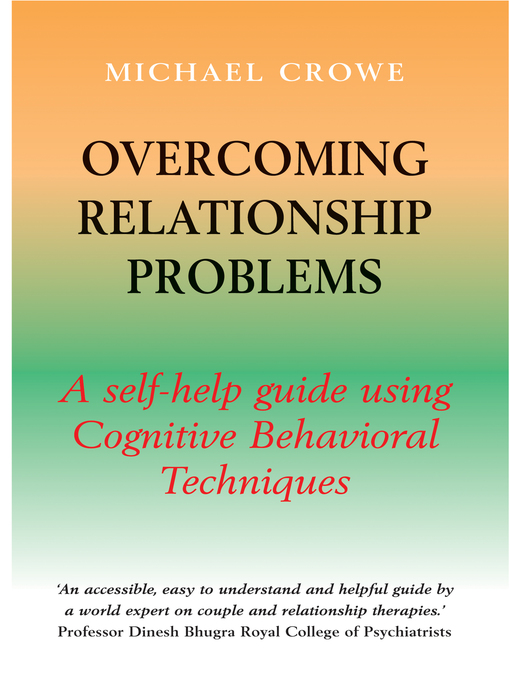 Of course, every couple is different. And not everyone is waiting for such a fate, although, forgive me, but everyone, someone to a greater extent, and someone to a lesser extent. It's just, well, it's not possible to make the "candy-bouquet period" eternal, in the process of living together. In a serious relationship, you need to make informed decisions, you need to accept life, accept each other with flaws and problems. What to do when such a period comes?
Of course, every couple is different. And not everyone is waiting for such a fate, although, forgive me, but everyone, someone to a greater extent, and someone to a lesser extent. It's just, well, it's not possible to make the "candy-bouquet period" eternal, in the process of living together. In a serious relationship, you need to make informed decisions, you need to accept life, accept each other with flaws and problems. What to do when such a period comes?
You can, of course, just leave, in search of even brighter and cooler emotions, or you can try to save everything, return the old feelings. Therefore, it is very important to understand and study the psychology of relationships or the psychology of love. Understand that each of us is human and has the right to other emotions. The main thing is to understand. That this is just a period in a relationship, after which, psychologists are sure, a bright and colorful period will come, a calm and moderate period. You just have to be patient and trust your partner.
The psychology of relationships is a very complex science, no matter how strange it may seem. It seems to be that those relationships, what is special about them. Lots of. After all, to preserve your union, while not losing feelings, is an art.
Agree that it is easiest to go to a psychologist, unless, of course, you have an alliance that you do not want to lose, and you are trying to save it. And such a decision will be correct, you will be able to analyze your behavior, look at yourself from the outside, receive instructions for changes. Yes, if you do this, then this is the first step to saving the relationship. But what if you do not have a budget for such unjustified costs, or in your city, village, there are no such specialists at all. Do not despair and get upset ahead of time.
It may seem that the effect will be worse, but it is worth dispelling such thoughts and doubts. This specialist will help you to study the psychology of relationships. You should not, at the first problems that arise, dissolve the marriage and look for a replacement for your partner.